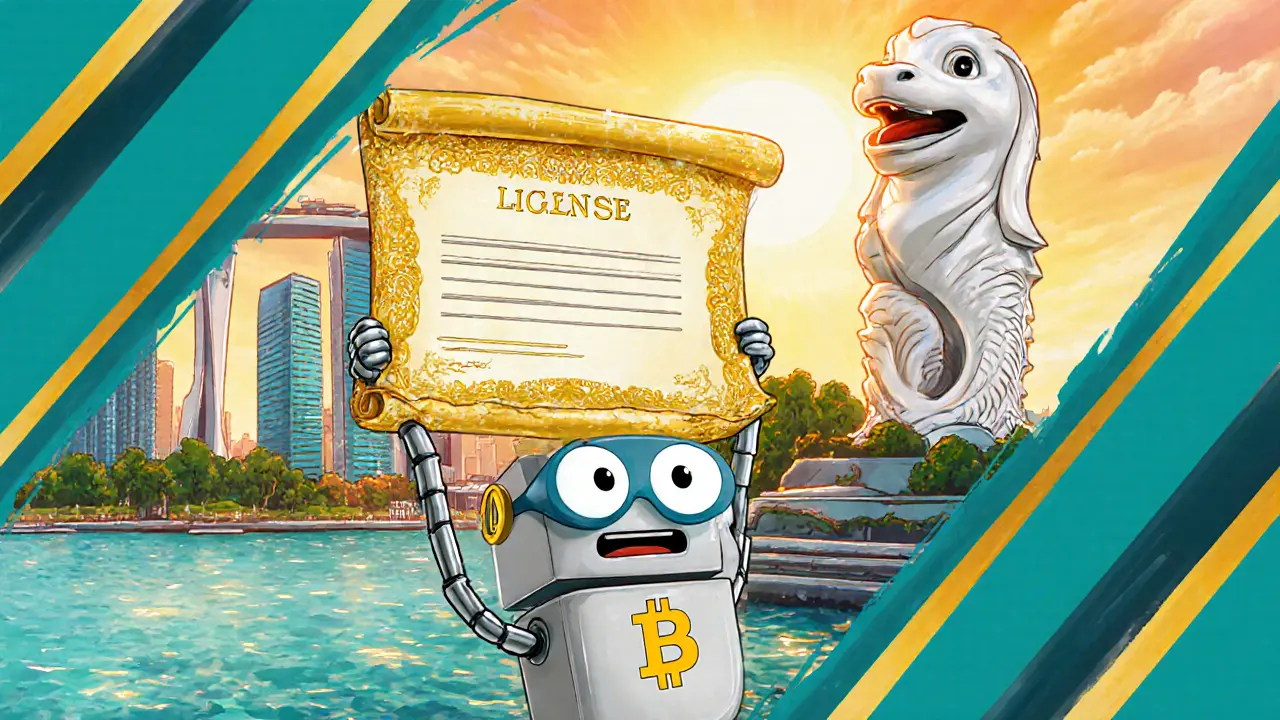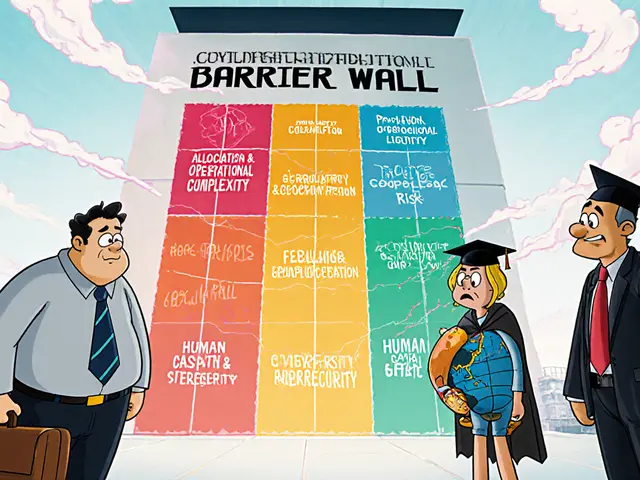MAS Crypto License: Your Roadmap to Operating in Singapore
When working with MAS crypto license, the regulatory approval needed for crypto service providers to legally operate in Singapore. Also known as MAS digital asset licence, it sets the compliance baseline for every exchange, wallet, or token‑service business that wants a foothold in the city‑state. The Monetary Authority of Singapore, Singapore’s central bank and financial regulator issues this licence under the Financial Services Act, the legal framework that governs financial institutions and digital asset service providers. In practice, getting the licence means your platform must meet strict AML/KYC compliance, anti‑money‑laundering and know‑your‑customer standards and demonstrate robust risk‑management processes.
Key Requirements for a MAS Crypto License
First, the regulator looks for a solid business plan that outlines how you will protect users and prevent illicit activity. That plan must detail your AML/KYC procedures, transaction monitoring tools, and the staff you’ll assign to compliance. Second, you need a minimum paid‑up capital—currently S$1 million for most digital asset services—plus an audited financial statement showing you can sustain operations. Third, technology safeguards are a must: encryption, multi‑factor authentication, and regular security audits all count toward the licence assessment. Finally, ongoing reporting obligations require you to file periodic updates on transaction volumes, suspicious activity reports, and any changes to your corporate structure. Failing any of these triggers can lead to fines, licence suspension, or a forced shutdown.
Understanding how these pieces fit together helps you avoid costly missteps. For example, neglecting AML/KYC isn’t just a paperwork issue; it directly influences the regulator’s risk rating, which can delay approval by months. Likewise, a weak capital base signals financial instability, prompting the Monetary Authority of Singapore to demand additional guarantees. By treating the MAS crypto license as a holistic framework rather than a checklist, you can design a compliant product from day one. Below, you’ll find a curated set of articles that break down each component—wrapped Harmony token mechanics, block‑reward trends, exchange reviews, and regional regulatory guides—so you can see the licence in action across real‑world use cases.







Categories